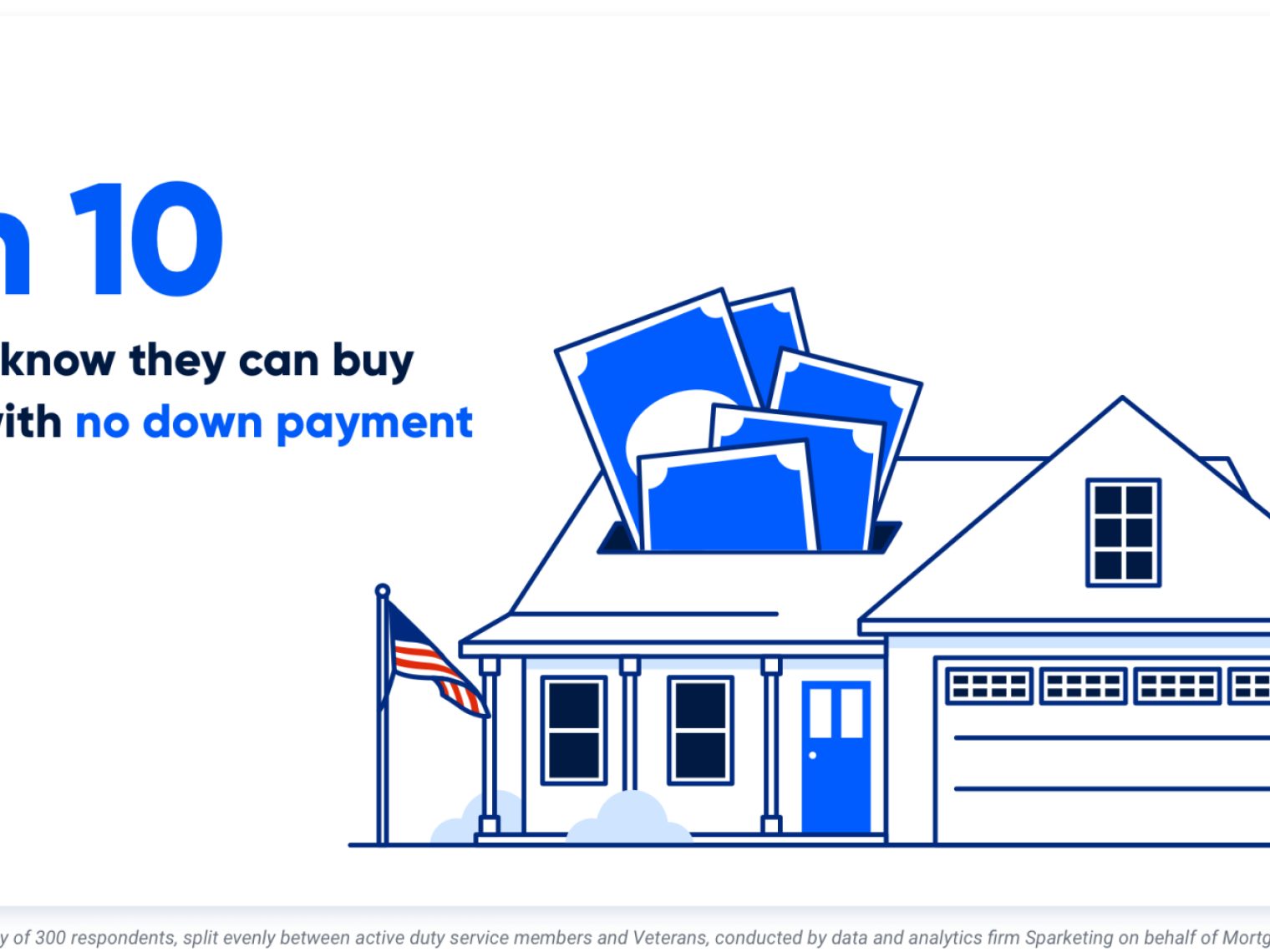Whether you're the buyer's agent or the seller's agent, communicating with a loan officer can occasionally get tense. As the seller's agent, you want to ensure that your client gets the best deal possible and the loan closes on time. As the buyer's agent, you want to ensure your client gets into the home of their dreams without a hitch. Not to mention the desire to get paid, which generally doesn't occur until closing.
As a former loan officer myself, I can give you a few tips on how to effectively communicate with a loan officer to promote the best interests of your client and avoid unnecessary stress on everyone.
Work With Your Loan Officer, Not Against
The most important thing to always keep in mind is that whether you are the buyer's agent or the seller's agent, you should consider the loan officer a part of the team. They want this loan to close as badly as you and your client.
A loan officer's worst nightmare is a loan that doesn't close. Many loan officers are paid strictly on commission, so they don't get paid unless the loan closes (just like you), so there's extra motivation to come up with any possible solutions to a problem. They don't want to spend hours and hours on a file and then not have it close.
Loan officers aren't robots, they have feelings and often develop bonds with their borrowers. They want to see them succeed and help to accomplish the dream of homeownership. If a loan officer asks you for assistance with a document or help with an issue, help them out and they should reciprocate.
Working with a team mentality can help keep spirits up and allow each individual to work towards accomplishing the end goal: a closing.
Be Patient
If you're waiting on an answer, an appraisal or a document and you've talked with the loan officer about it, it's very likely that he is working hard to obtain what you need. Loan officers have several people they have to work with as an internal team, and sometimes answers are difficult to find.
With unique VA mortgage issues, a loan officer might be required to reach out to a VA regional loan center or conduct research and ask co-workers if they've ever dealt with a similar issue. This can take a little time to accomplish. And, just like you, a loan officer has multiple files/borrowers they are working with in various stages of the process.
Every file is important, and they each require a piece of the loan officer's time. It's perfectly acceptable to follow up on issues, but hounding a loan officer repeatedly is really just making matters worse. The time spent on the phone telling you the same thing you've already heard multiple times, is time that could be spent trying to resolve the issue.
Of course, there are times where it may be reasonable to call multiple times a day, but just try to gauge whether another phone call is really necessary before dialing.
Stay on Top of Things
As a real estate agent, you have a lot of experience dealing with properties. If something seems fishy, it probably is, and you should bring it up with the loan officer. In most cases, the loan officer never steps foot inside the property, so you have a unique perspective on the case. Communicate early on if you think there will be an issue. This will provide both you and the loan officer an opportunity to discuss possible solutions that won't delay or prevent closing.
By working as a team and effectively communicating, both you and the loan officer can work together for your customer's best interests for an on-time closing.
If you have any tips for how loan officers can better communicate with you, the real estate agents, send them my way! If you have any questions on the VA mortgage or how to join our realty network please don't hesitate to email me at samantha@vu.com.
Related Posts
-
 VA Loan Down Payment RequirementsVA loans have no down payment requirements as long as the Veteran has full entitlement, but only 3-in-10 Veterans know they can buy a home loan with zero down payment. Here’s what Veterans need to know about VA loan down payment requirements.
VA Loan Down Payment RequirementsVA loans have no down payment requirements as long as the Veteran has full entitlement, but only 3-in-10 Veterans know they can buy a home loan with zero down payment. Here’s what Veterans need to know about VA loan down payment requirements. -
 5 Most Common VA Loan Myths BustedVA loan myths confuse and deter many VA loan borrowers. Here we debunk 5 of the most common VA loan myths so that you can borrow with confidence.
5 Most Common VA Loan Myths BustedVA loan myths confuse and deter many VA loan borrowers. Here we debunk 5 of the most common VA loan myths so that you can borrow with confidence.

